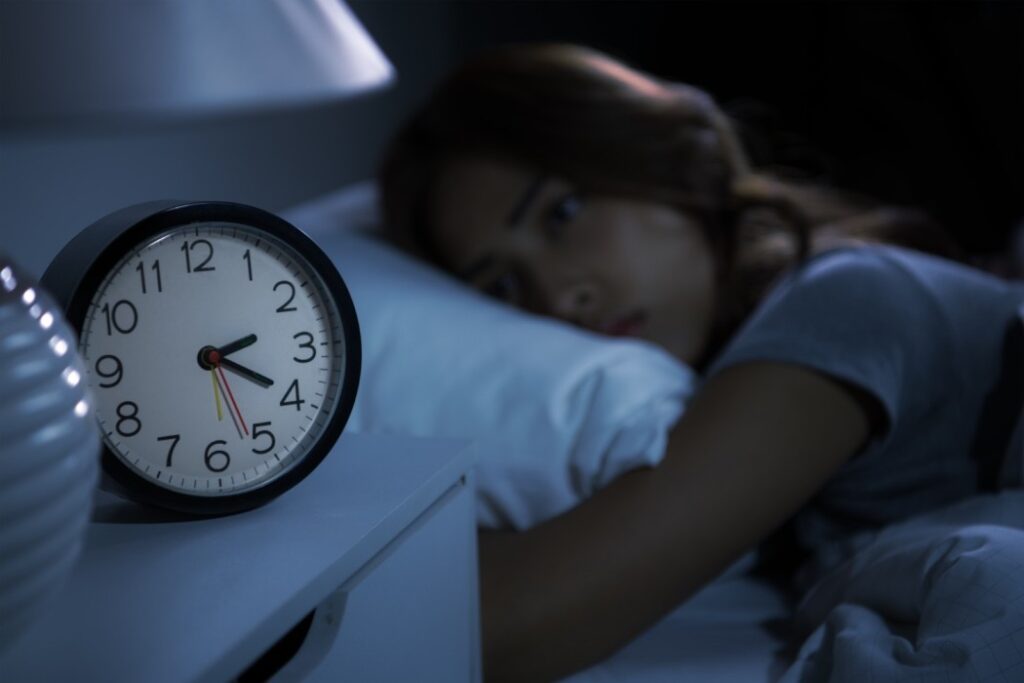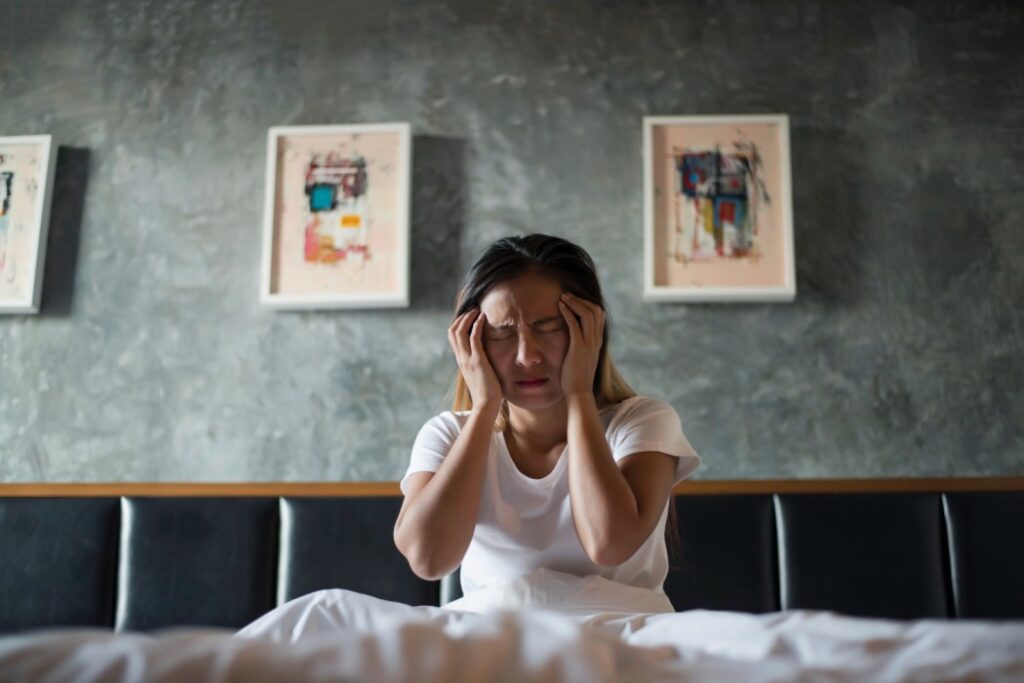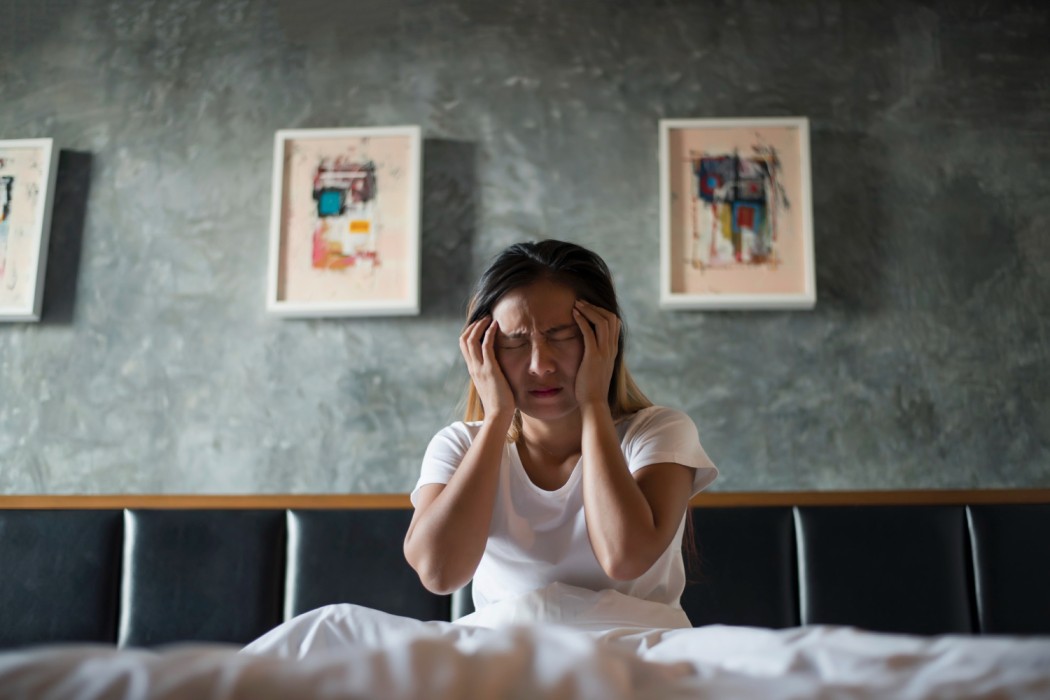
In our fast-paced modern world, where the race for comfort and success never ends, sleep has become a luxury rather than a necessity. Once a natural and peaceful part of daily life, restful sleep is now disrupted by worries, stress, and unhealthy habits. This condition—commonly known as insomnia—has silently turned into a widespread epidemic, often dubbed as a “disease of civilized society.
What is Insomnia?
Insomnia refers to the persistent inability to fall or stay asleep despite having the opportunity to do so. While the average person needs around 7–8 hours of sleep for optimal functioning, today’s lifestyle often robs us of even that. We worry through the day, and even as we try to sleep, our minds remain trapped in a whirlwind of thoughts. This constant mental overactivity damages the nervous system, weakens blood vessels, and opens the door to numerous physical and mental health issues.
In an attempt to overcome sleeplessness, many people turn to sleeping pills. However, such medications offer only temporary relief and often lead to lifelong dependency without curing the root cause.
Common Causes of Insomnia
Understanding the triggers of insomnia can help in managing and eventually overcoming it. Some common causes include:
- Excessive mental stress and anxiety
- Persistent fear and overexcitement
- Reading stimulating or suspenseful novels before bed
- Anemia and poor blood health
- Drug abuse and smoking
- Use of narcotics or chemical substances
- High blood pressure
- Sleeping in an untidy or uncomfortable environment
- Negative thought patterns
Symptoms of Insomnia
Insomnia affects the body and mind in various ways. Symptoms can include:
- Difficulty falling asleep despite fatigue
- Dark circles under the eyes
- Lack of interest or motivation in work
- Heaviness in the body, dizziness, and watery eyes
- Feelings of restlessness
- Hormonal imbalances, such as white leucorrhoea or menstrual disorders
- Nocturnal emissions in men
- Extreme weight gain or loss
- Weakness, hair fall
- In severe cases, fever or digestive disturbances like diarrhea

Natural Preventive Measures and Treatments
Rather than relying on medications, natural remedies and lifestyle changes can help restore healthy sleep patterns:
Daily Routine & Natural Therapies
- Begin your day with a barefoot walk on the grass, inhaling deeply to calm the mind.
- Perform treatments such as Jala Neti, hip baths, spinal baths, and mud therapy.
- Apply a mud pack to your abdomen and eyes for an hour to relax the nervous system.
- Wrap yourself in a wet sheet once a week to detox the body.
- Follow a healing diet cycle: start with juice fasting, transition to a fruit diet, then raw food, and finally a balanced diet.
Healthy Diet Tips
- Eat fruits and milk for breakfast.
- Have steamed vegetables, salads, and fruits in the afternoon.
- Keep dinners light—preferably fruits, gourd raita, or easily digestible items.
- Drink lemon water regularly and consume dairy like milk, curd, and buttermilk.
- Occasionally suck on myrobalan (harad) to aid digestion and detoxification.
Physical and Mental Relaxation
- Massage plays a vital role. A 10-minute oil massage on an empty stomach can work wonders.
- After massage, take a hot water tub bath followed by a cold water splash. Keep the head cool during hot baths.
- Go for an evening walk and practice deep breathing exercises.
- Maintain a clean bed and create a peaceful sleeping environment.
- Sit quietly before bed, close your eyes, and meditate or pray to calm the mind.
- Before sleeping, soak your feet in hot water, then rinse with cold water.
- Massage the soles with mustard oil to promote relaxation.
Things to Avoid
To combat insomnia, certain habits and foods must be avoided:
- Say no to spicy, fried, and pungent foods.
- Avoid mental stimulation before bed (e.g., intense novels, screens, or arguments).
- Stay away from addictive substances like tobacco, alcohol, and narcotics.
Home Remedies for Better Sleep
- Sometimes, simple home-based practices can bring remarkable results:
- Warm cow’s milk applied to the forehead induces calmness and sleep.
- Mustard oil poured gently into the ears can promote better rest.
Final Thoughts
Insomnia may feel like a personal battle, but it’s a widespread issue tied closely to modern living. Fortunately, with awareness, discipline, and natural healing methods, we can reclaim our nights and enjoy the deep, rejuvenating sleep our bodies deserve.








